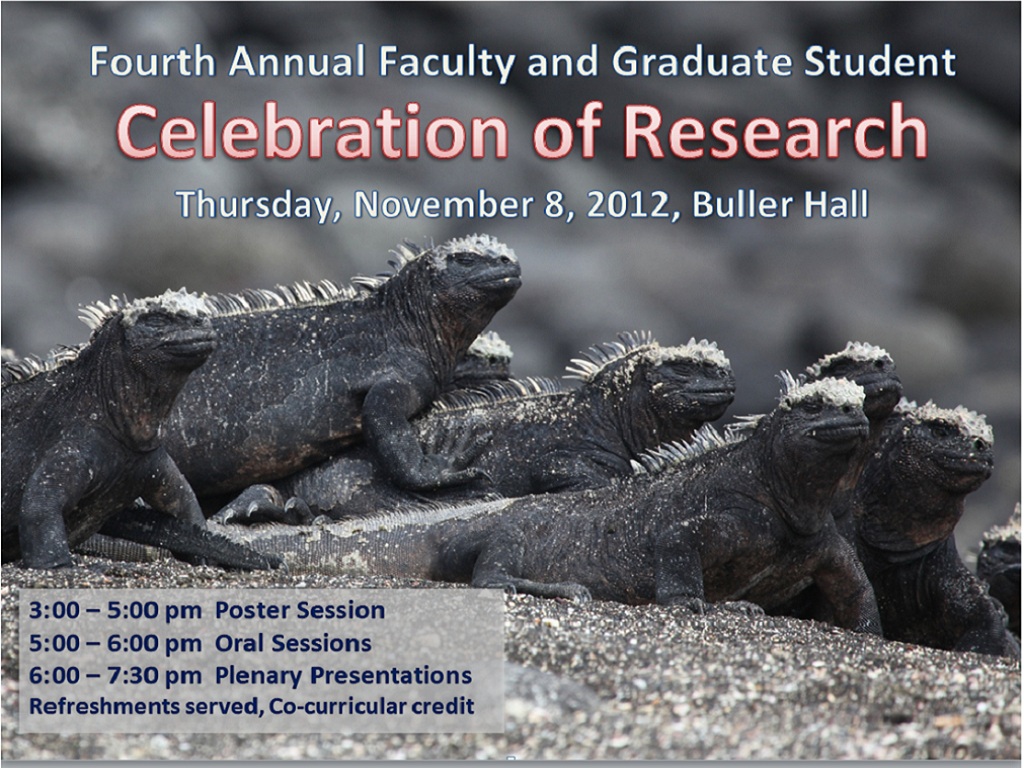A-3 Creation in the Twentieth-First Century: An Introduction to Protological Hermeneutic
Presenter Status
PhD Student in Religion
Location
Buller Room 108
Start Date
8-11-2012 5:24 PM
End Date
8-11-2012 5:36 PM
Presentation Abstract
For the most part of the twenty and twenty-first centuries, the categorization of creationists in the Western world has been limited to two major groups: Old Earth Creationism (OEC) and Young Earth Creationism (YEC). In Creation in the Twentieth-First Century: An Introduction to Protological Hermeneutic, I suggest that to limit creation studies to these two categories is inconsistent with developments in both science and theology. That is because it ultimately classifies believers in creation either as theistic evolutionists (OEC––i.e., believers in an old earth, old universe, deep time geology), or scientific creationists as proposed by the Institute for Creation Research (YEC––i.e., believers in a young earth, young universe, no gap, fundamentalist point of view). For these reasons, I argue a new category that includes creationists who sense that a more biblically balanced approach to protology is necessary. Therefore, I am suggesting in agreement with other scholars, that this new category be called Undated Earth Creationist Movement (UEC), which I suggest is to be represented by the Special Creation Science model; the latter is open to the possibility of a biblical creation in two stages (Gen 1:1-2, then Gen 1:3ff), allowing for the possibility of creation ex-nihilo and an old universe/old earth/young life on earth.
A-3 Creation in the Twentieth-First Century: An Introduction to Protological Hermeneutic
Buller Room 108
For the most part of the twenty and twenty-first centuries, the categorization of creationists in the Western world has been limited to two major groups: Old Earth Creationism (OEC) and Young Earth Creationism (YEC). In Creation in the Twentieth-First Century: An Introduction to Protological Hermeneutic, I suggest that to limit creation studies to these two categories is inconsistent with developments in both science and theology. That is because it ultimately classifies believers in creation either as theistic evolutionists (OEC––i.e., believers in an old earth, old universe, deep time geology), or scientific creationists as proposed by the Institute for Creation Research (YEC––i.e., believers in a young earth, young universe, no gap, fundamentalist point of view). For these reasons, I argue a new category that includes creationists who sense that a more biblically balanced approach to protology is necessary. Therefore, I am suggesting in agreement with other scholars, that this new category be called Undated Earth Creationist Movement (UEC), which I suggest is to be represented by the Special Creation Science model; the latter is open to the possibility of a biblical creation in two stages (Gen 1:1-2, then Gen 1:3ff), allowing for the possibility of creation ex-nihilo and an old universe/old earth/young life on earth.



